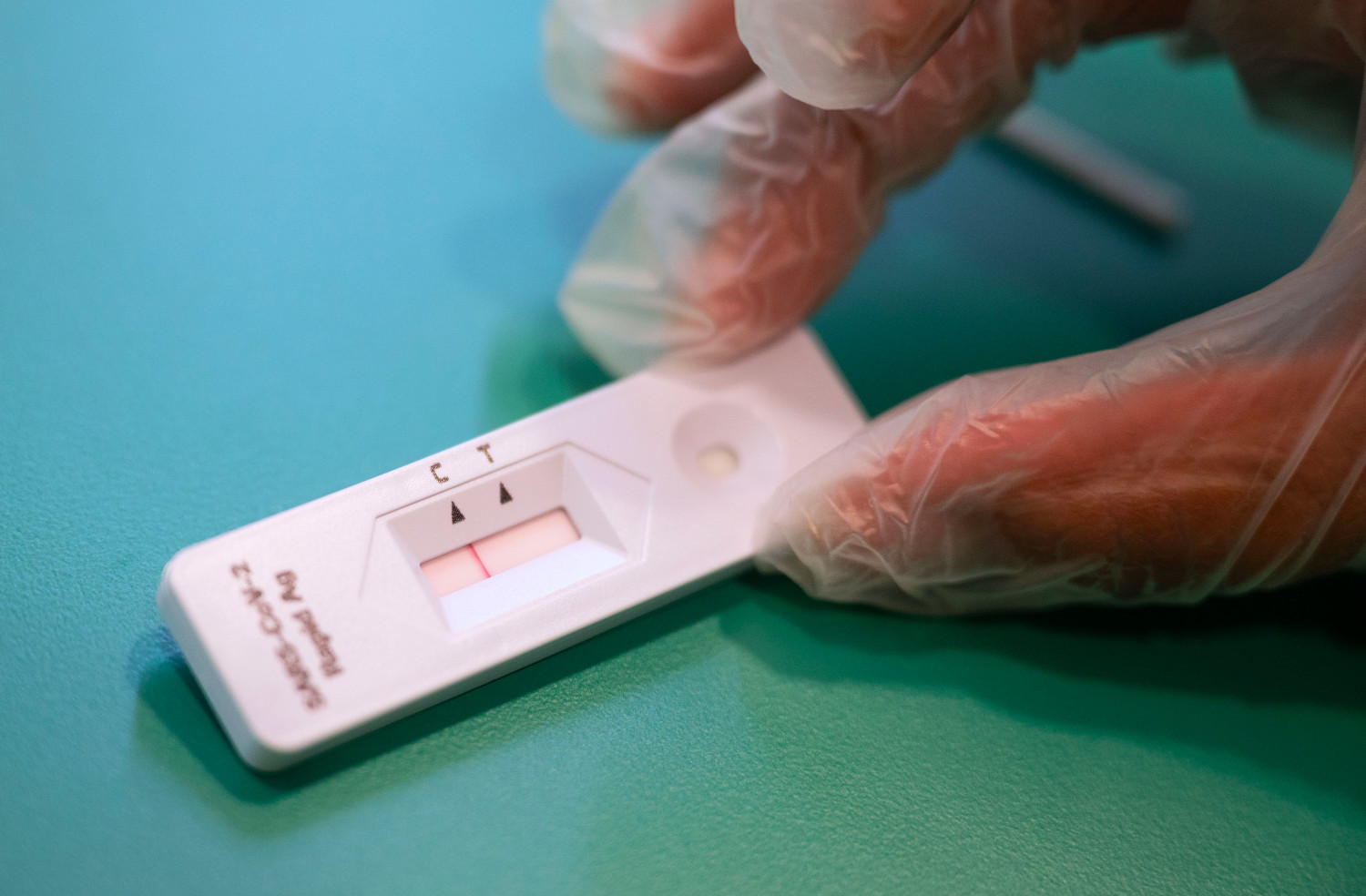The plan was postponed by the government's 'Corona Cabinet' on Monday. According to Business Insider, the plan has been put on hold initially by at least a week so that questions can be answered.
Spahn announced on February 16th that everyone in Germany would be able to access Covid-19 rapid antigen tests free of charge.
“From March 1st, all citizens will be able to be tested free of charge by trained personnel” with the tests, said Health Minister Spahn.
There are also plans to offer self-administered test kits. The aim of increased testing is to try and help the country emerge from lockdown by breaking infection chains.
READ ALSO: How Germany will change Covid-19 strategy and ramp up testing
But following Spahn's announcement, state health ministers warned they would not be able to get the programme ready in time.
There are also doubts about how the programme will work, and if there are enough resources plus capacity for tests.
States also say they have their hands full at the moment with vaccinations.
According to Bild, Chancellor Angela Merkel, of the Christian Democrats, Vice-Chancellor Olaf Scholz, of the Social Democrats, and Merkel's chief of staff Helge Braun put questions to Spahn about the logistics.
It is understood government members feel the plan is not fully formed due to it being announced at such short notice.
As a result, the rapid testing plan has been put on hold, and Chancellor Merkel will discuss the testing proposals with the state leaders at a coronavirus strategy meeting on March 3rd.
At this meeting, leaders will also put forward a plan for Germany to emerge from shutdown.
800 million tests ordered for Germany
Chief Executive of the Association of Towns and Municipalities, Gerd Landsberg, recently called for a “step-by-step approach” to rapid testing. He said the use of mass testing in schools and daycare centres should be looked at before a wider rollout.
The Health Ministry, however, says there are enough rapid tests for the public. Germany has secured 500 million tests for this year and will receive an additional 300 million through European channels, reported the Tagesschau.
Ute Teichert, head of the Federal Association of German Public Health Officers, said clear rules and a strategy for free testing was needed before implementation.



 Please whitelist us to continue reading.
Please whitelist us to continue reading.
Member comments